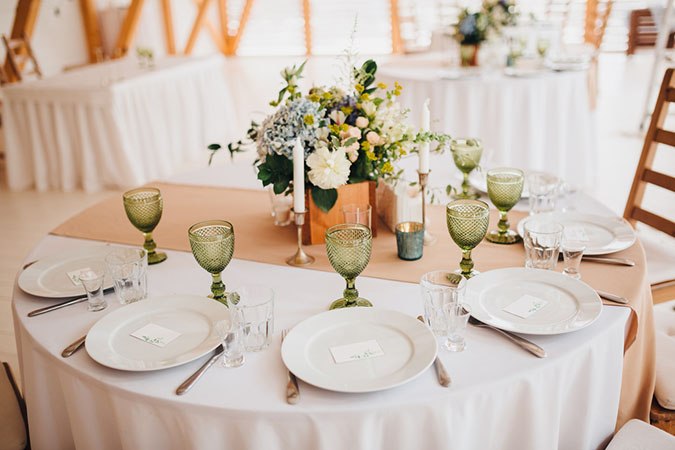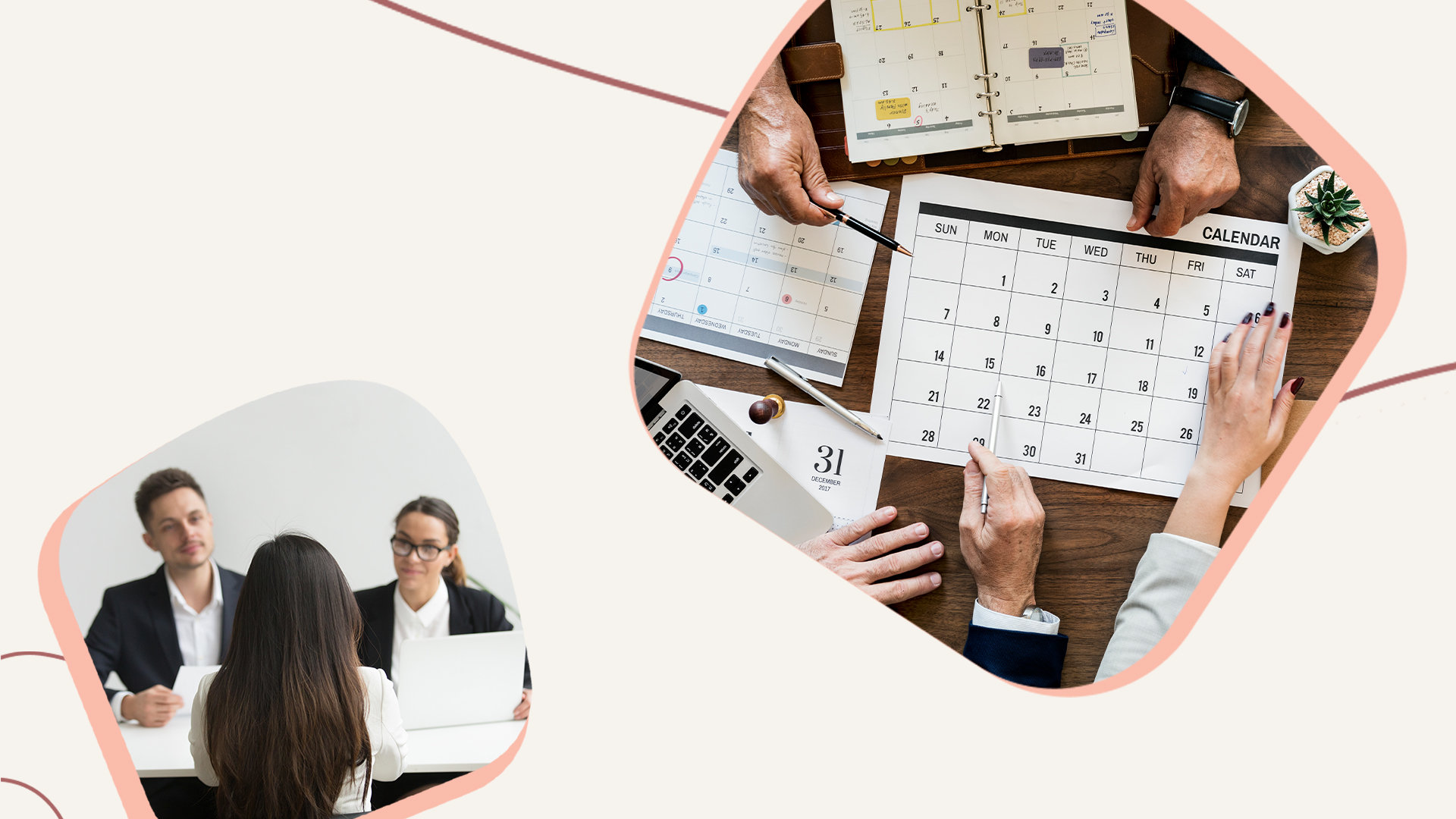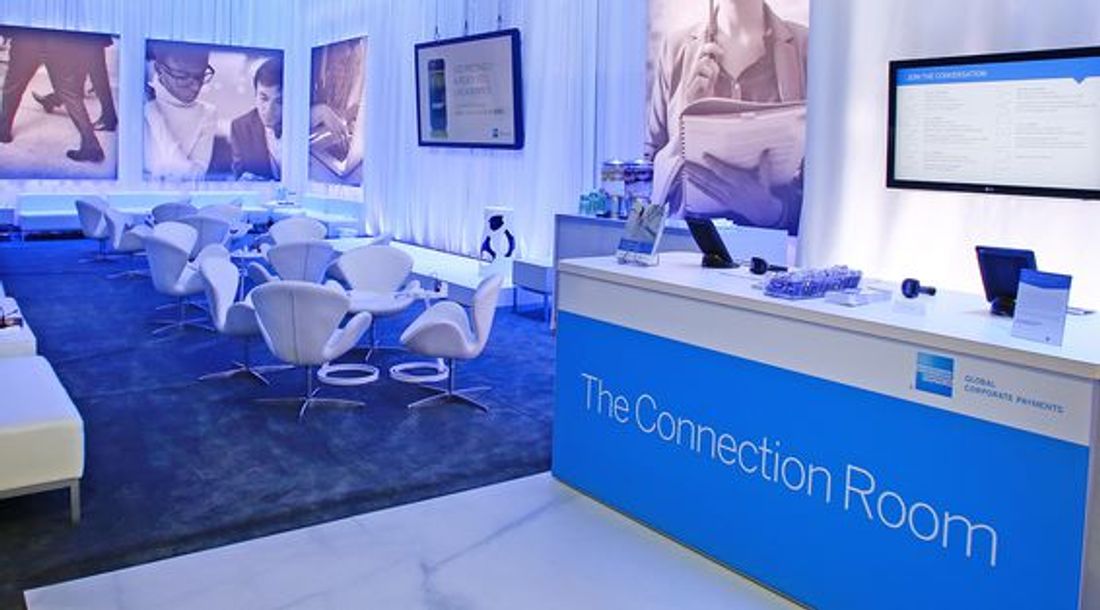Unlocking the Keys of Effective Event Planning for Memorable Knowledge
Successful event planning requires a calculated strategy that exceeds mere logistics. It includes a careful consideration of objectives, target market, and themes. Organizers must concentrate on developing customized experiences that engage guests and foster connections. Nevertheless, the course to accomplishing memorable occasions is typically filled up with challenges. Comprehending the subtleties of effective planning can expose the capacity for truly impactful gatherings. What are the crucial elements that make an occasion extraordinary?
Specifying Your Event Goals and Goals
Quality is crucial when defining event goals and objectives, as it sets the foundation for an effective planning process. By articulating particular goals, event organizers can produce a clear instructions and warranty that all efforts straighten with the desired end results. Objectives ought to be obtainable and measurable, allowing planners to track progress and review success properly.
Determining the overarching purpose of the event, whether it is to enlighten, entertain, or promote, plays a significant function fit each choice made throughout the planning stages. Stakeholders must be associated with this first definition phase to collect varied point of views and foster a feeling of possession.

Comprehending Your Audience
Comprehending the target market is necessary for efficient event planning. This involves determining target demographics and evaluating their preferences to tailor the event experience. By obtaining insight right into the audience's passions and characteristics, organizers can develop more relevant and appealing occasions.
Recognizing Target Demographics
Just how can event planners ensure their gatherings reverberate with guests? Determining target demographics is vital for crafting remarkable experiences - event planning companies charlotte nc. Effective coordinators start by performing thorough study to recognize the age, passions, and preferences of their audience. This entails analyzing factors such as geographic place, social backgrounds, and socioeconomic condition. By segmenting prospective participants into distinctive teams, coordinators can tailor event elements, including motifs, tasks, and places, to line up with particular demographic qualities. Involving with prospective guests via surveys or social networks can give important understandings right into their assumptions. Ultimately, this targeted technique enables event coordinators to create personalized experiences that cultivate link and interaction, making sure that events not only fulfill but go beyond the wishes of their audience
Examining Target Market Preferences
When target demographics are identified, the next action includes examining audience choices to develop a genuinely appealing event experience. Recognizing what reverberates with the audience is necessary for tailoring material, activities, and total ambience. This process can be accomplished with studies, social media insights, and previous event feedback, which offer beneficial data on expectations, passions, and preferences. Event organizers need to concentrate on crucial components such as recommended motifs, prospective audio speakers, and preferred networking opportunities. In addition, keeping an eye on emerging fads can aid in preparing for target market demands. By leveraging this information, coordinators can design events that not just bring in attendees but likewise motivate active engagement, guaranteeing an unforgettable experience that straightens with target market desires.
Crafting a Distinct Style and Atmosphere
To develop a memorable event, coordinators must first define the event's function, as this fundamental action shapes the general experience. Visual communication plays a crucial duty in establishing a theme that resonates with attendees, making each component of the decoration work harmoniously. Engaging all detects further boosts the environment, making sure that visitors have an immersive experience that sticks around long after the event concludes.
Specifying Your Event's Function
While many event organizers concentrate on logistics and guest lists, specifying the event's purpose is vital for crafting a special theme and environment. Developing a clear purpose enables organizers to straighten all aspects of the event, from decoration to tasks, with a cohesive vision. This clarity helps in choosing a motif that resonates with guests, guaranteeing that the experience is both unforgettable and appealing. A corporate hideaway may highlight teamwork and advancement, while a wedding celebration might concentrate on love and event. By attentively thinking about the event's intent, planners can produce an ambience that not just captures the significance of the occasion but also fosters meaningful links among visitors, improving the general experience.
Developing Visual Communication
Developing aesthetic communication is important for transforming an event right into an unforgettable experience, as it unifies numerous aspects under a solitary, advice engaging style. This procedure begins with a clear vision that overviews the option of colors, style, and materials. Each part ought to reflect the overarching motif, whether it be a company gala or a rustic wedding. Attention to detail, such as matching table setups and signs, enhances this unity. Lights plays a vital role, improving the atmosphere and highlighting vital areas. On top of that, including constant branding aspects, such as logos and taglines, solidifies the style while producing a specialist touch. Ultimately, visual cohesion not just mesmerizes guests however also fosters a sense of belonging and engagement throughout the event.
Involving All Senses
Engaging all detects is essential for crafting a distinct style and ambience that reverberates with guests. Successful event planners recognize that including visual, acoustic, olfactory, tactile, and gustatory elements produces an all natural experience. Thoughtful decor sets the aesthetic tone, while very carefully curated music includes an auditory layer, boosting the psychological atmosphere. Scents, whether from flower setups or food stations, stimulate memories and promote conversation. Tactile experiences, such as interactive installations or distinctive products, welcome guests to involve literally with the environment. Finally, offering distinct food and beverage selections can tantalize palate, leaving an enduring impression. By taking into consideration each sense, event planners can produce unforgettable experiences that deeply attach with guests, making sure that the event remains memorable long after it wraps up.
Taking Care Of Logistics and Budgeting
Reliable event planning pivots on the careful management of logistics and budgeting, as these components are basic for making certain a seamless experience. A successful event calls for precise attention to detail in coordinating transportation, location option, and necessary tools. Planners have to assess the demands of the event and create an extensive checklist to manage timelines efficiently.
Budgeting plays a significant role in determining the extent of the event. It includes not only designating funds for each aspect however additionally establishing and expecting potential expenditures aside contingencies. By focusing on costs, organizers can make enlightened decisions on where to spend, whether in special locations or top quality suppliers.

Involving Guests Throughout the Event
How can event planners assure that visitors remain mesmerized and included throughout the duration of an event? Engaging visitors calls for a thoughtful mix of interactive components, enjoyment, and personal links. Efficient event coordinators include activities that motivate involvement, such as real-time surveys, Q&A sessions, or hands-on workshops.
In addition, creating a lively atmosphere with music, aesthetic display screens, or themed décor can improve the general experience. Supplying chances for networking and social communication promotes connections among guests, making them feel dig this a lot more invested in the event.
Calculated use of innovation, like event apps or social media integration, can maintain guests informed and involved. Planning surprise components, such as visitor speakers or entertainment interludes, can also catch interest and maintain interest. Eventually, the essential lies in balancing framework with spontaneity, guaranteeing that guests really feel both engaged and entertained throughout the event.
Examining Success and Celebration Feedback
What approaches can event coordinators employ to evaluate the success of their gatherings and gather beneficial comments? Planners commonly utilize surveys and questionnaires distributed soon after the event to record attendees' impacts. These devices can be customized to determine satisfaction degrees concerning various aspects, such as venue, speakers, and overall experience.
Additionally, planners might conduct meetings or focus groups with pick individuals for even more in-depth insights. Social media site monitoring additionally provides a real-time snapshot of guests' views, as visitors typically share their experiences online.
Examining attendance numbers and interaction metrics can additionally highlight locations of success and those needing enhancement. Finally, examining the event's objectives versus actual results enables coordinators to identify successes and voids, educating future occasions. By utilizing a combination of these strategies, event coordinators can collect complete comments to boost future celebrations.

Regularly Asked Inquiries
How Do I Select the Right Venue for My Event?
Picking the right venue entails assessing ability, place, accessibility, features, and ambiance. In addition, taking into consideration budget plan restraints and the event's objective assures an appropriate setting that satisfies attendees' requirements and boosts the total experience.
What Should I Consist of in an Event Planning Timeline?
An occasion planning timeline must include crucial turning points, deadlines for vendor bookings, spending plan evaluations, place verifications, marketing routines, staffing arrangements, and a checklist for day-of logistics to guarantee a smooth execution of the event.
How Can I Efficiently Advertise My Event?
To effectively advertise an occasion, one need to use social media systems, engage local influencers, produce distinctive visuals, provide very early bird tickets, and maintain regular communication through e-newsletters and targeted advertisements to reach a wider audience.
What Are Some Tips for Managing Last-Minute Changes?
To manage last-minute changes properly, one need to keep clear communication with all stakeholders, prioritize jobs, stay versatile, and have backup strategies ready (event planning companies charlotte nc). Adaptability and a calm disposition can considerably reduce tension during unforeseen scenarios
How Do I Manage Difficult Visitors Throughout the Event?

To produce an unforgettable event, planners must first define the event's purpose, as this fundamental action forms the total experience. While many event planners focus on logistics and guest listings, specifying the event's purpose is crucial for crafting an unique theme and atmosphere. Effective event organizers identify that integrating visual, acoustic, olfactory, responsive, and gustatory elements creates an alternative experience. Just how can event coordinators assure that visitors remain captivated and entailed throughout the duration of an occasion? Examining the event's objectives versus actual results enables planners to determine successes and gaps, notifying future occasions.